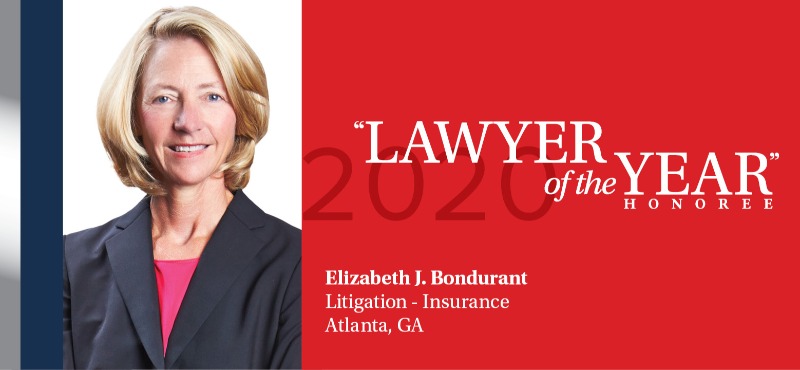The Holding
In Chattanooga Prof’l Baseball LLC, v. Nat’l Cas. Co., 2020 WL 6699480 (D. Ariz. Nov. 13, 2020) (Order), the Arizona District Court held that a “Virus Exclusion” clearly precluded insurance coverage for losses caused by the COVID-19 Pandemic and incurred by Minor League Baseball teams.
The Takeaways
In the first Arizona opinion regarding insurance coverage related to the COVID-19 Pandemic,* albeit unpublished, the Arizona District Court did not hesitate to apply a clearly applicable “Virus Exclusion” to losses caused by the novel coronavirus pandemic.
The Facts
The Insureds, 24 entities associated with or providing services for 19 Minor League Baseball teams in 10 different states (not including Arizona), each held “substantially identical” commercial first-party property and casualty policies. The Policies included a “Virus Exclusion” that stated, “We will not pay for loss or damage caused by or resulting from any virus, bacterium or other microorganism.”
In 2020, Minor League Baseball experienced its first ever interruption since establishment. The Insureds’ alleged the interruption was caused by: [1] “continuing concerns for the health and safety of players, employees, and fans related to the SARS-CoV-2 virus; [2] action and inaction by federal and state governments related to controlling the spread of the virus; and [3] Major League Baseball not supplying players to their affiliated minor league teams.”
The Insureds submitted claims to the Insurers for losses related to the interruption, the Insurers either denied the claims or stated an intent to deny the claims, and the Insureds filed suit for breach of contract, anticipatory breach, and declaratory judgment.
The Rationale
In holding the Virus Exclusion precluded coverage, the District Court rejected the Insureds’ two arguments: (1) whether the Virus caused the losses was a question of fact inappropriate for resolution in a motion to dismiss; and (2) whether the Insurers were estopped from applying the Virus Exclusion.
First, regarding the alleged factual dispute, the District Court dismissed this argument as “not plausible” because the operative Complaint explicitly attributed the losses to the Virus. Although the District Court also noted the Insureds’ argument that government orders (such as stay-at-home orders) rather than the Virus caused the losses, it cited two other cases that previously rejected this argument and agreed this argument is “nonsense.”
Diesel Barbershop, LLC v. State Farm Lloyds, 2020 WL 4724305, at * 6 (W.D. Tex. Aug. 13, 2010) (“While the Orders technically forced the Properties to close[,] the Orders only came about sequentially as a result of the COVID-19 virus…Thus, it was the presence of COVID-19 …that was the primary root cause of Plaintiffs’ business temporarily closing.”); Franklin EWC, Inc. v. The Hartford Finn. Servs. Grp., Inc., 2020 WL 5642483, at *2 (N.D. Cal. Sept. 22, 2020) (“[U]nder Plaintiffs’ theory, the loss is created by the Closure Orders rather than the virus, and therefore the Virus Exclusion does not apply. Nonsense.”). Second, regarding estoppel, the District Court noted the Insureds’ two-pronged argument: (a) “regulatory estoppel prevent[ed] enforcement of the [Virus Exclusion] because [the Insurers] were only able to gain regulatory approval for the virus exclusion in 2006 by making misrepresentations to state insurance commissions,” and (b) general equitable estoppel. Regarding regulatory estoppel, the District Court noted this defense is a New Jersey state law defense, no other state has adopted this defense, and this defense has been rejected by almost every state and federal court to consider it. Regarding general equitable estoppel, the District Court noted the insurance coverage principle that “general equitable estoppel is not available to bring within the coverage of a policy risks not covered by its terms, or risks expressly excluded therefrom.”
*According to the University of Pennsylvania Care Law School “Covid Coverage Litigation Tracker.”























